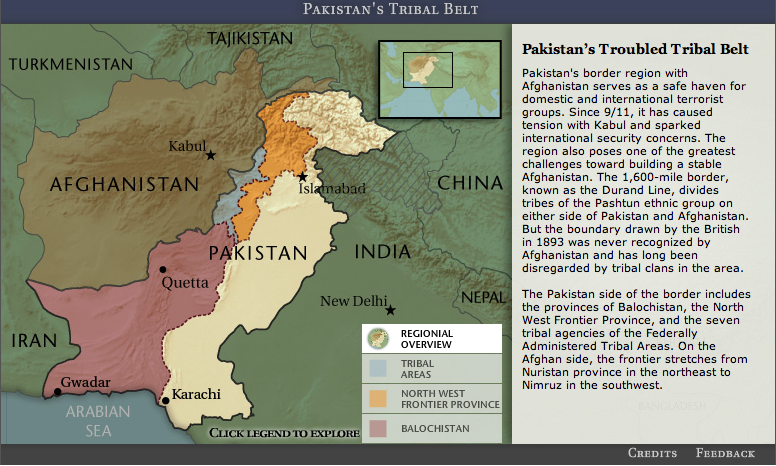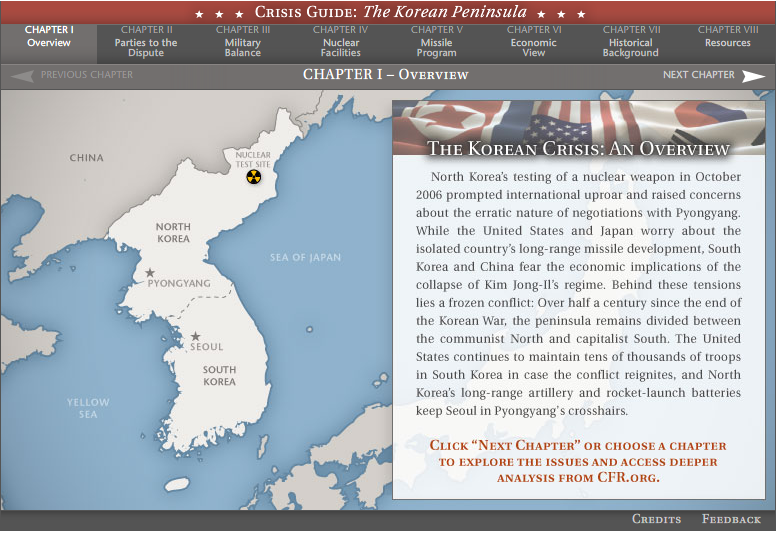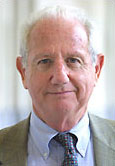AS/COA Online | U.S.-Brazil Military Pact on the Horizon
/The United States and Brazil could ink their first defense pact in decades as early as April 12. Brazilian Defense Minister Nelson Jobim made note of the bilateral deal during April 7 remarks to his country’s foreign relations committee in the lower house of Congress. BBC Brasil reported Jobim will travel to Washington Monday to sign the deal alongside U.S. Defense Secretary Robert Gates. Earlier in the week, U.S. Assistant Secretary of State for Western Hemisphere Affairs Arturo Valenzuela, while on an official stop in Ecuador, referenced the cooperation pact, revealed few details, and noted it needed to be finalized. The negotiations come at a time of bumps in bilateral relations caused by Brazil’s reluctance to back new UN sanctions on Iran as well as the likelihood that it will purchase French fighter jets over American ones.





